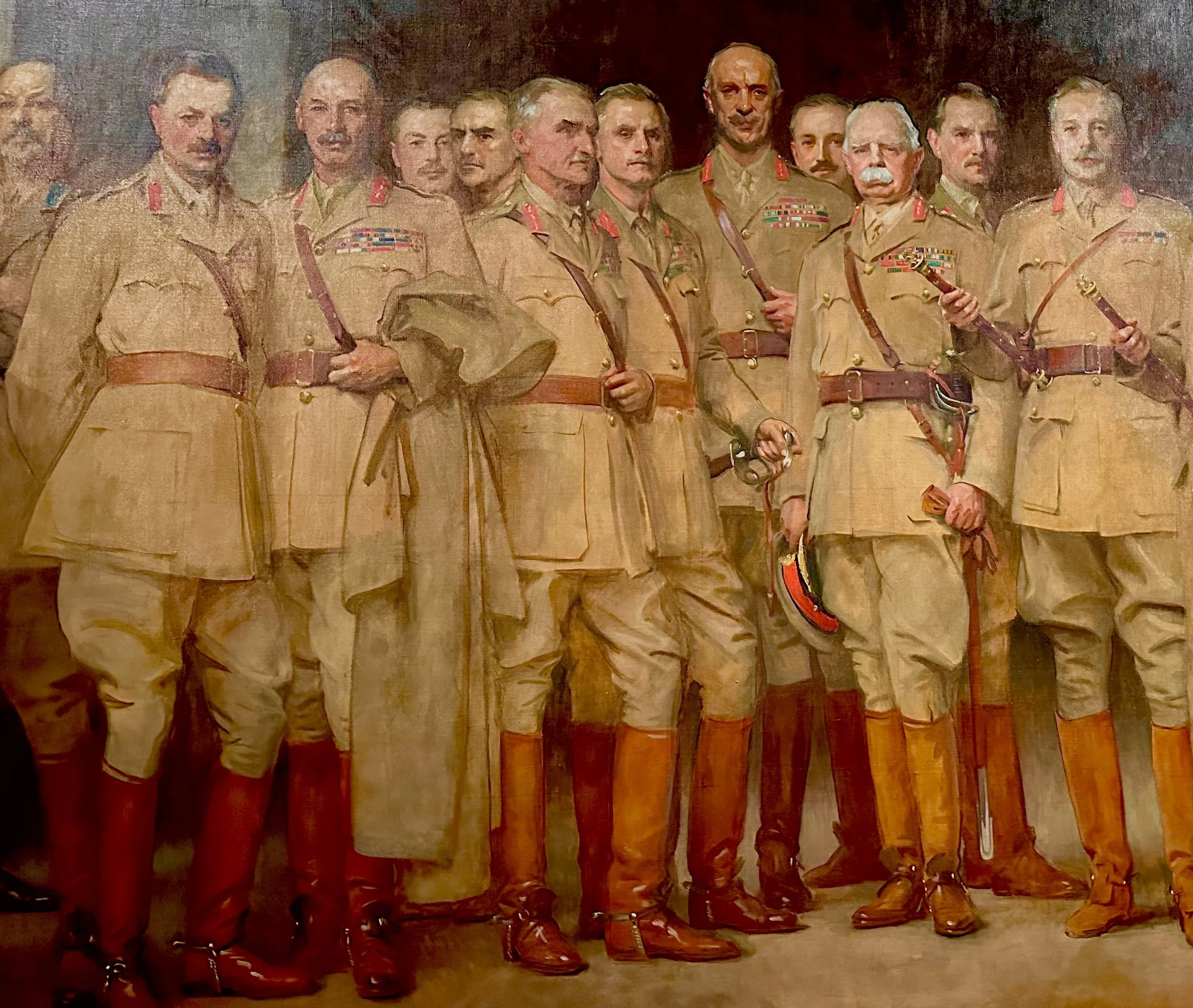Therapists Blog
Any blogs posted here represent the views of the author(s) and are not representative of New Road as a whole.
Balancing Together
In the Acrobat Sutta, the Buddha presents a simple yet striking image: two acrobats performing a balancing act, one standing on the shoulders of the other. The teacher says to the student, “You look after me, and I’ll look after you. If we protect one another, we’ll perform our tricks, earn a reward, and come down safely.”
The Buddha gently reimagines the scene. “It is not in watching after the other that one protects the other,” he says. “By watching after oneself, one protects the other and by watching after the other, one also protects oneself.”
On Truthfulness: A Practice for Our Times
Among the many ways we cause harm to ourselves, to others, and to the world, lying may be the most insidious. Not only because of what it conceals, but because of what it permits. A lie is not simply a false statement. It is a moment of rupture, from reality, from integrity, from relationship. And it is often the seed from which far greater suffering grows.
Listening
We imagine that we are listening to each other, to the world, to ourselves. But much of what passes for listening is not listening at all — it’s predicting, interpreting, defending, and preparing to reply. The mind, as Philip Glass so vividly puts it, is full of racket. The composer describes this internal noise as a "crowd of ninety-five lunatics" and a "tyrant-censor" standing guard, filtering and distorting whatever comes in. This is not far from what neuroscientists call the predictive mind.
Free Speech
In today’s climate, the concept of free speech is often used not to facilitate dialogue but to suppress it. Paradoxically, those with the largest platforms now cry censorship to deflect critique, casting themselves as victims when faced with accountability. “Cancel culture” is invoked not to protect discourse but to dismiss challenges, especially when those challenges come from individuals who have historically been denied a voice.
This rhetorical sleight of hand, where the powerful claim to be persecuted, distorts the very principles it purports to defend. Those called out for hate speech or misinformation often reframe that feedback as an attack on their rights and weaponise free expression to avoid reflection. In doing so, they cast a legitimate response as oppression, marginalising once again the voices that dare to speak truth to power.
Gaza and the Inverted Mirror of Whiteness
In the West, Gaza is often perceived not as a tragedy but as a threat, a site of moral confusion, political fatigue, and symbolic inversion. Here, victimhood dons the uniform of an army. Occupation articulates the language of self-defence. And an open-air prison is depicted as a battleground between equals.
How did we arrive here?
The Predictive Mind – An Introduction
The human brain is not a passive receiver of information. It doesn’t simply sit back and wait for reality to arrive through the senses like a camera recording what is “out there.” Instead, the brain constantly predicts what will happen and updates those predictions based on what occurs.







